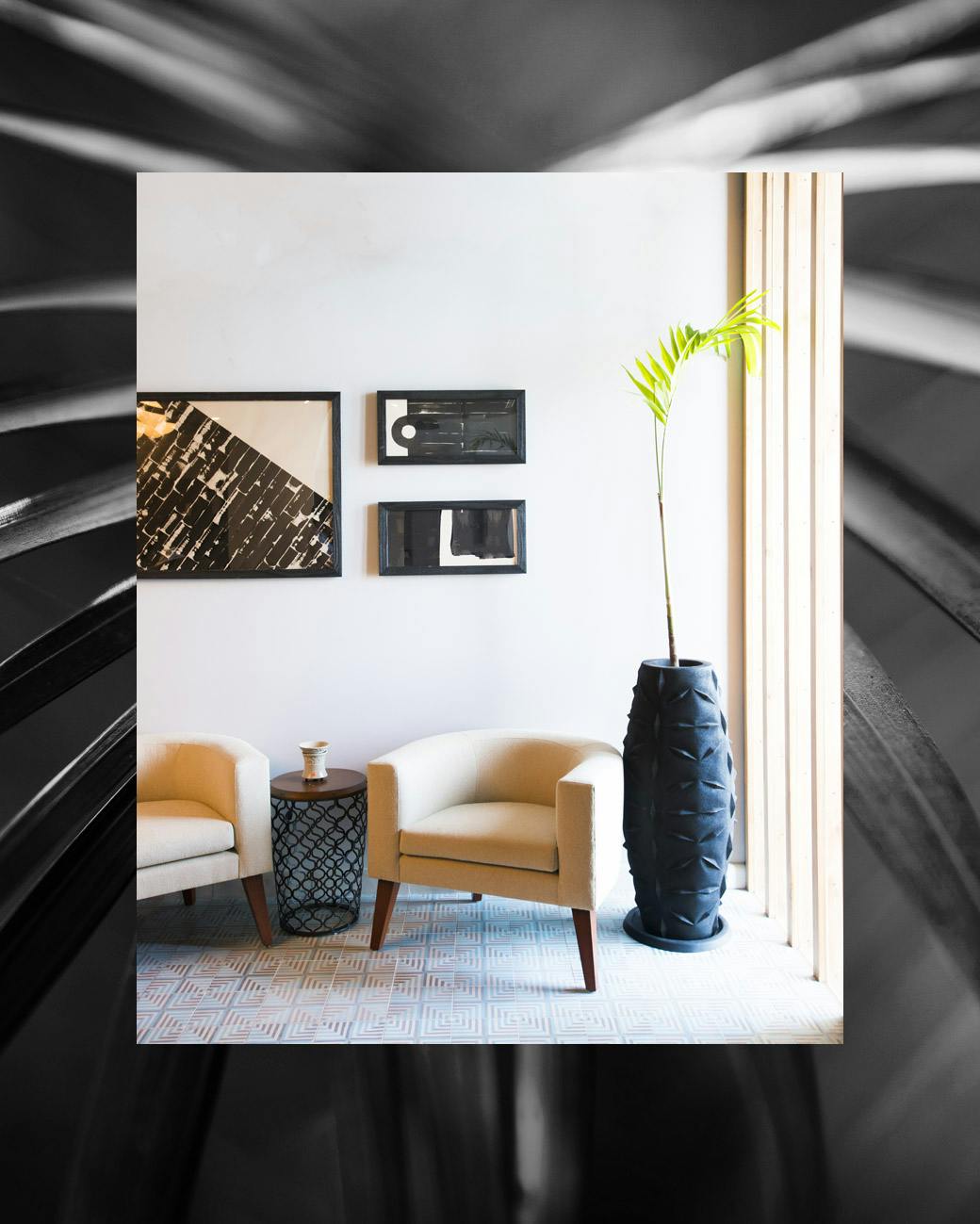Why Trip Planning Makes You Happy
Exclusive Resorts’ CEO James Henderson discusses why one of the most enjoyable parts of a vacation is the anticipation of what is to come.
It might seem strange to think about planning a vacation during a global pandemic. And while we’ve delivered more than 7,000 Club vacations in the last year, for some Members, a luxury holiday still feels like a distant memory from another lifetime. Even with vaccination efforts in full swing, it's hard to imagine when hopping on a plane might feel normal again.
Thankfully, it's not all doom and gloom. In fact, one of the most enjoyable parts of a vacation is as safe and accessible today as it ever was: the planning process. That's right—even if you don't know when you'll be able to take that trip to Paris or Cabo, studies show simply thinking about your next vacation produces a level of happiness sure to outshine your latest Amazon purchase.
Something our Members—who are in the habit of planning and prioritizing their vacations—know all too well. But don’t just take my word for it.
Stop Dreaming. Start Planning.
In 2010, a group of scientists actually examined the happiness levels between individuals planning a vacation and those not going on holiday. The conclusion? Trip-goers feel a higher degree of pre-trip happiness compared to non-vacationers. Why? The anticipation factor.
You know the feeling. That period of expectation right before your vacation—a beach escape to the West Indies or a road trip through Napa—that fills you up with joy. In fact, according to a Cornell University study even the simple act of thinking about these experiences triggers powerful positive emotions that far outweigh the purchase of a material item.
Especially during a pandemic.
"There might not be a lot of experiences we can participate in at the moment, but the anticipation of an experiential purchase—such as travel—can still provide joy and satisfaction," says Amit Kumar, co-author of the 2014 Cornell study. “People derive more pleasure from experiential purchases (as opposed to material ones) in every phase of consumption in part because it gives them something to talk and relate with others about.”
And at a time when there are such few opportunities to feel really close to one another—the connection one feels during the vacation planning process is paramount.
"The act of talking about experiences is really important," says Kumar. "We have a deep need to maintain social connections, and sharing stories about past holidays or ideas about future ones allows us to relate and connect with each other, even from a distance."
More Traveling. Less Shopping. It's Good For Your Health.
Unlike material purchases, which tend to trigger feelings of competition or comparison, experiential purchases foster a sense of camaraderie.
For example, if a person is sharing a story about their honeymoon in Italy, their story may trigger a memory for the listener about the time they found a great Italian restaurant in an unassuming neighborhood on vacation a few years back. Each travel experience is worthy and cannot be directly evaluated or ranked against another like physical items.
What’s more, I’ve learned the value people place on memorable experiences tends to increase over time, whereas the novelty and delight in material goods typically fades. Why? People tend to link experiences to their sense of self much more than they do with material items. When they talk about a vacation it contributes to their sense of identity. By reliving an experience through conversations, the satisfaction and happiness the person felt lives on.
As we wait for leisure travel to make a safe return, I invite you to spend some time imagining the many places you want to go. Enjoy the process of exploring the history and culture of the destination—picture yourself lying on that pristine beach or dining at that once-in-a-lifetime restaurant.
Then call up a friend and tell them all about it.
Soon, you'll be sending them a postcard packed with all the delightful details.

